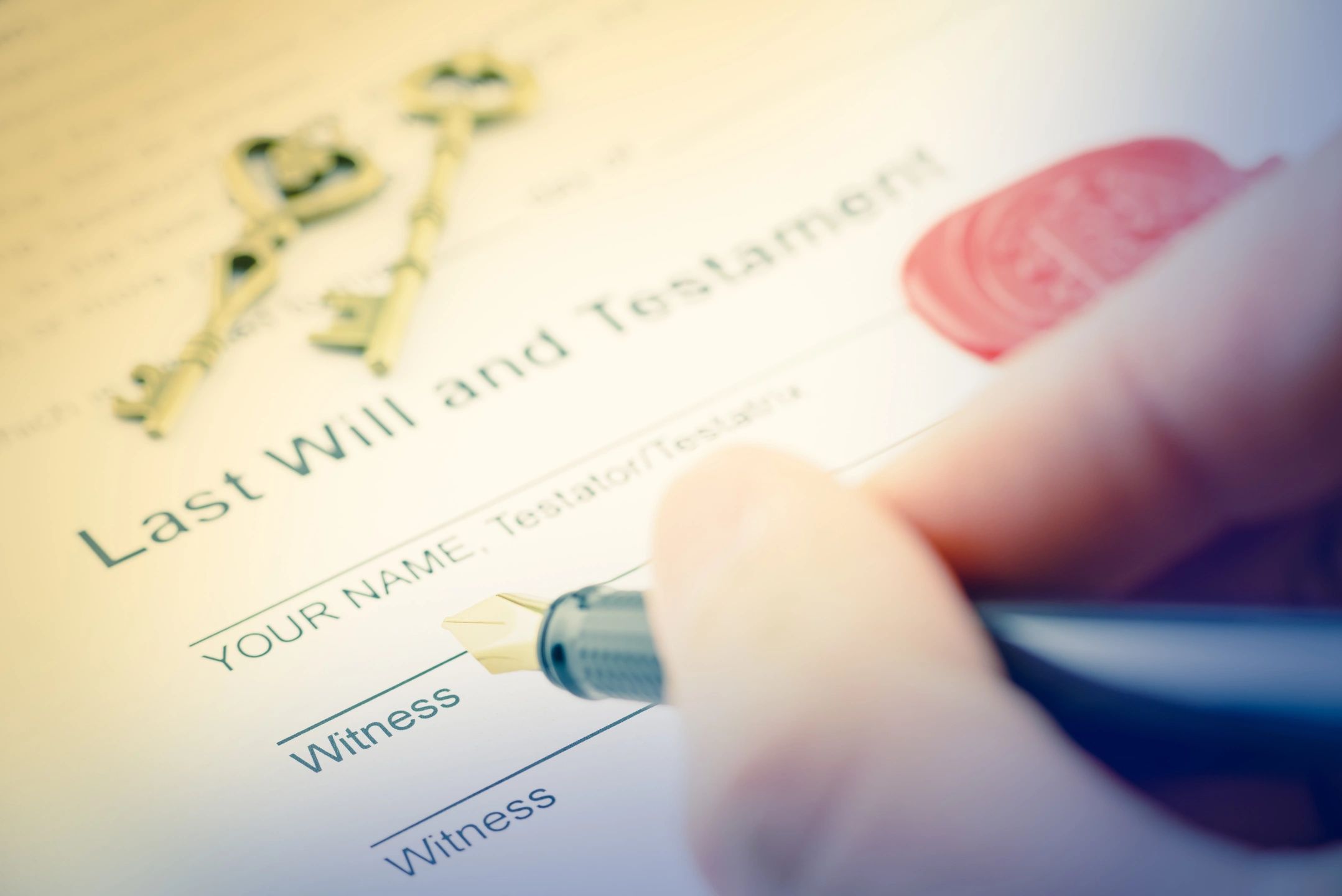
21 Jan How to Prepare for an Estate Planning Meeting
Setting up an appointment with an estate planner is a great first step to take when creating an estate plan, but what comes next? The legal industry can be confusing, and it’s hard to know how to prepare for your appointment. While your attorney should be available to answer any questions you have, it never hurts to prepare on your own. Utilize the following tips to ensure your first estate planning meeting goes smoothly.
Locate important documents
Bringing important documents to your first appointment helps your estate planner structure the financial and personal aspects of your estate plan. Documents and information you should bring with you include:
- Financial documents, including retirement accounts, life insurance policies, and a list of assets
- The legal names and addresses of all heirs or institutions you plan to name in your documents
- A list of items, such as family heirlooms, you plan to leave to specific individuals
Make some decisions in advance
Making decisions before you meet with your estate planner can speed up the process of creating your documents. A large component of estate planning involves naming individuals to fill different roles in your estate plan. Deciding who you’d like those people to be in advance means you’ll be ready to go when your attorney asks who you have in mind for certain tasks, such as:
- A legal guardian for any children who are minors
- A personal representative to shepherd your estate through the probate process when you die
- Medical and durable powers of attorney to make medical and financial decisions on your behalf in the event of a medical emergency or incapacitatation
Talk to loved ones and those listed in your estate plan
Talking to the individuals listed in your documents is an important pre-meeting task to complete for several reasons. One, sharing that you’re working on your estate plan gives you the chance to explain the reasoning behind the decisions you’ve made. This can prevent family conflicts from occurring. Two, talking to the individuals you plan to have fill roles in your plan prevents those individuals from being blindsided when you need them. Being a legal guardian or personal representative requires taking on a lot of responsibility. It’s important to make sure the person you plan to name is up to the task.
How can Boyum Law Firm help you?
Boyum Law Firm can help you with your estate planning, Medicaid planning and probate law needs. To contact Boyum Law, click here.



